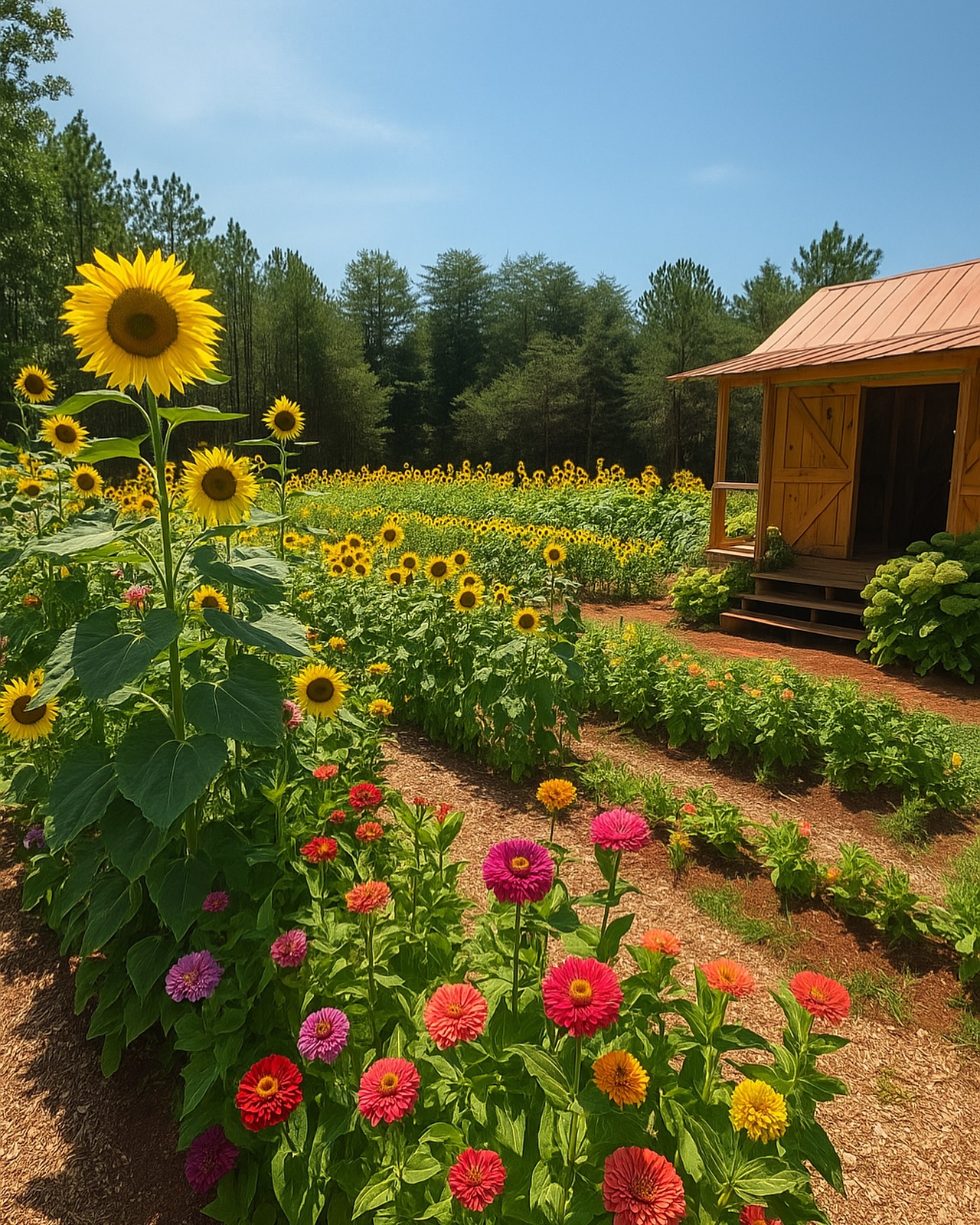Beef cattle, hay top crops in Polk
Published 5:56 pm Thursday, May 30, 2013
History of farmland preservation board
Polk’s farmland preservation board began in 2000 as a grassroots committee then called the agricultural economic development committee, formed to discuss the opportunity offered by state legislation (HB 607) to form agricultural preservation districts.
Polk County Commissioners approved the voluntary agricultural district preservation ordinance (VAD) in 2002 and appointed a farmland preservation board in 2003.
Trending
The purpose of the VAD was to encourage the voluntary preservation and protection of farmland from non-farm development to help maintain the rural character of the county.
In 2005, the addition of the enhanced voluntary agricultural district was signed into law, which encouraged farmland preservation boards to provide farmers the option of entering a 10-year irrevocable conservation agreement. In 2006, Polk County approved the Enhanced Voluntary Agricultural District (EVAD) ordinance.
In December 2007, Polk County approved a countywide farmland protection plan.
The county’s first agriculture economic development director was hired in August 2008.
“There have been services provided to accommodate almost every citizen in the county, whether their interest are big farming, home gardens, community garden, landscape gardens, raising chickens, beef, buffalo or goats, processing their own meats, making their own cheese or ice cream, or venturing into new products for the areas such as aquaponics, herbs or hops,” states a presentation by Reid. “The outreach has been tremendous but there is much more that can and should still be accomplished.”
Current farmland preservation board members include Harmon, Slater, Bruce Edwards, Bill Davis, Jeff Searcy and Evangelena Barber with one vacancy open. Advisors to the board are Polk County Cooperative Extension Director John Vining and county commissioner Ted Owens.
Trending
History of the Ag Center
The Polk County Soil & Water Conservation District accepted a donation of the old Mill Spring School, which came after the county hired its first agriculture economic development director Lynn Sprague.
The response from the community to the restoration of the school was tremendous, with donations and volunteering.
The soil and water district owns the building, but does not make any profit. All monies from rentals, the store and donations are used to pay operational expenses with include an operations director and a maintenance employee with any extra funding used for continued restoration of the building.
Polk County recently began advertising for an interim agriculture economic development director after Sprague’s resignation recently. Commissioners agreed to replace and continue funding the position during the joint meeting and are proposing to fully fund the department in next year’s budget, which begins July 1.





